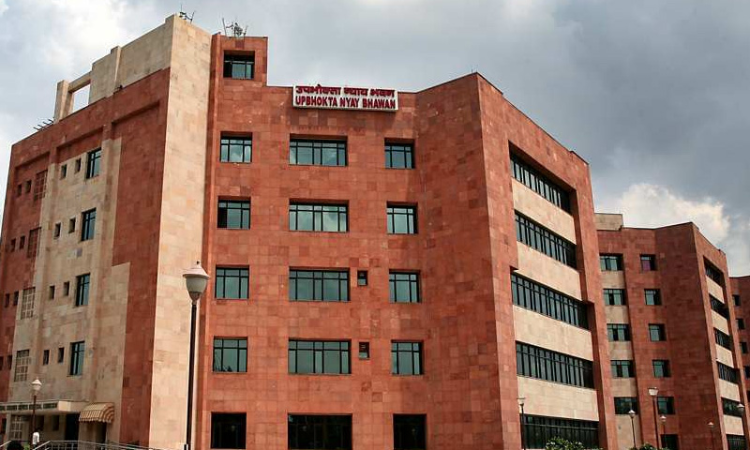NCDRC Directs HSBC Bank To Pay Rs. 15 Lakhs Compensation For Negligence And Deficient Service
Sachika Vij
26 Jun 2023 7:30 PM IST

Next Story
26 Jun 2023 7:30 PM IST
The NCDRC allowed and disposed of a consumer complaint against HSBC Bank. The Presiding Member, Dr. Inder Jit Singh fined HSBC to pay Rs. 15 Lakhs as compensation for the mental agony, harassment, and damage to the complainants' reputation and an additional Rs. 1 Lakh to cover the litigation costs. Moreover, it is also required to provide a 'No Dues Certificate' and appropriately update...
